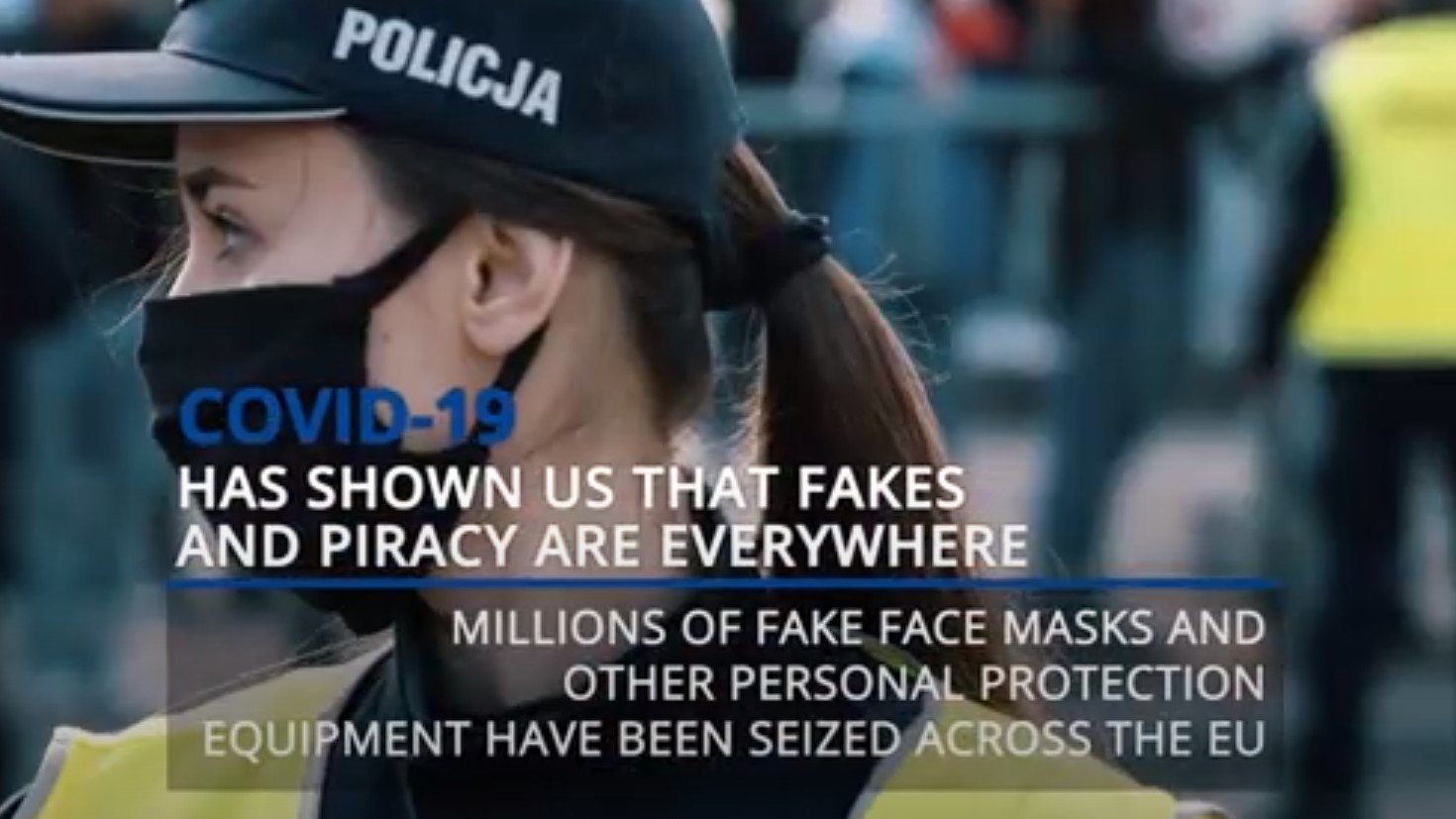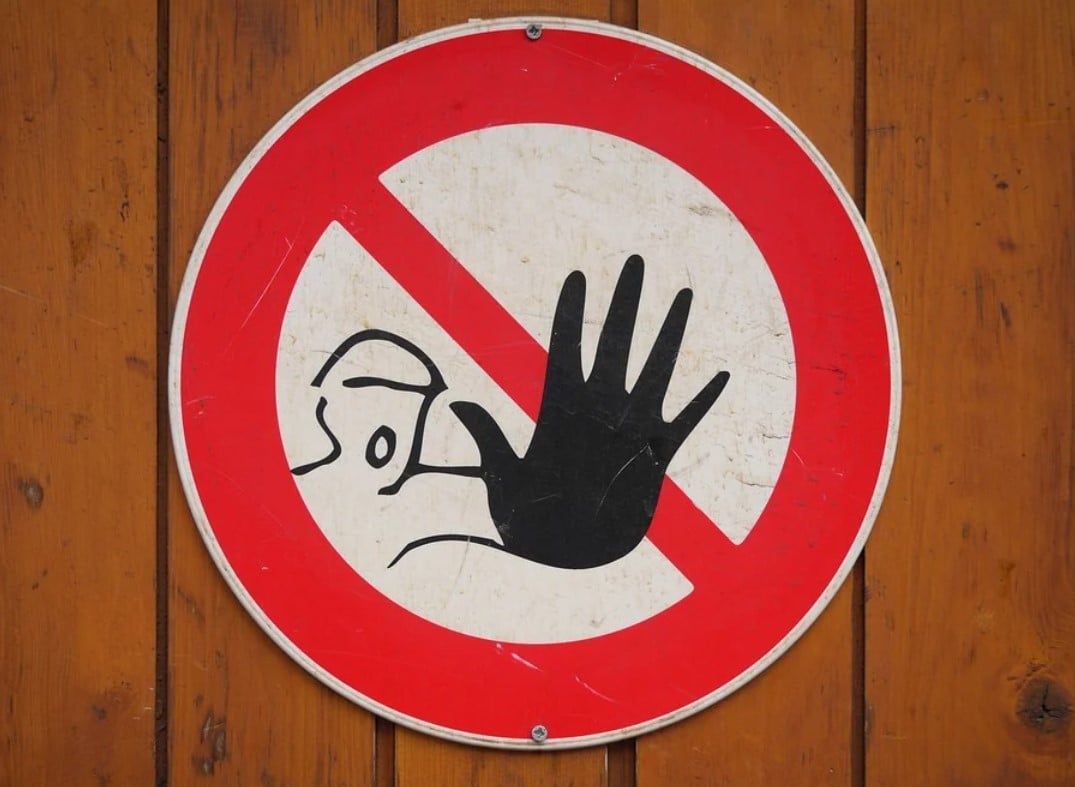[Most Recent Entries] [Calendar View]
Wednesday, June 9th, 2021
| Time | Event |
| 9:33a | Record Labels Sue Frontier For Failing to Terminate Persistent Pirates
Major recording labels have been at the heart of the action, suing Cox Communications, Charter Communications and RCN, for failing to suspend the accounts of customers who pirated music, even though the ISPs had been sent multiple DMCA notices indicating that infringement was taking place. These lawsuits are a serious business. In Cox Communications’ case, a jury ordered the ISP to pay $1 billion in damages. Cox is now fighting that decision, warning that if it loses the Internet will never be the same. Undeterred by that possible eventuality, yesterday the same core record labels filed a fresh lawsuit against ISP Frontier Communications containing similar allegations and the prospect of a considerable damages award. UMG Recordings Inc. v. Frontier Communications CorpFiled in a New York district court yesterday by UMG Recordings Inc, Sony Music Entertainment, Warner Music Inc, and more than a dozen other labels, the lawsuit consists of similar accusations previously leveled against Cox, Charter and RCN. According to the labels, together they sent more than 20,000 DMCA copyright notices to Frontier complaining that its subscribers were unlawfully downloading, copying, and distributing their copyrighted works using peer-to-peer networks including BitTorrent. The plaintiffs state that these notices alerted Frontier to “clear and unambiguous” infringing activity, while also identifying specific subscribers as “flagrant and serial infringers.” The labels state that over the years, Frontier has also received thousands of infringement notices from other copyright holders which identified thousands of Frontier subscribers engaged in “blatant and repeat infringement.” More than 4,000 subscribers were identified in three or more notices and some subscribers identified in 100 notices or more. “These examples and countless others amply illustrate that, rather than terminating repeat infringers — and losing subscription revenues — Frontier consciously chose to look the other way in order to continue to collect subscriber fees,” the complaint reads. Frontier Had The Ability and Obligation to Prevent InfringementCiting Frontier’s Acceptable Use Policy (AUP), the labels say that Frontier had the power to suspend or terminate a subscriber’s Internet access for a variety of reasons, including for “transmitting or receiving copyright infringing…material.” The AUP also addresses the issue of repeat infringement, noting that this provides grounds for termination of service. “Despite these alleged policies, and despite receiving thousands of DMCA Notices from Plaintiffs’ representatives, and thousands of similar notices from other copyright owners, Frontier knowingly permitted specifically identified repeat infringers to continue to use its network to infringe,” the complaint adds. Holding Frontier liable for contributing to the direct infringements of its customers, the labels say that the ISP was motivated to keep infringing subscribers on board for financial benefit, adding that terminating subscribers would deprive it of revenue and make its service less attractive to existing and prospective customers. Since P2P use consumes lots of data usage, infringing customers were particularly lucrative, the plaintiffs add. Pirates are likely to pay more money for faster connections with greater usage limits, leading Frontier to turn a blind eye to repeat infringement by known specific subscribers. “The specific infringing subscribers identified in the DMCA Notices knew Frontier would not terminate their accounts despite receiving multiple notices identifying them as infringers, and they remained Frontier subscribers to continue illegally downloading copyrighted works,” the complaint notes. Contributory and Vicarious Copyright InfringementThe complaint lists 2,856 copyrighted works owned by the labels including tracks by 2Pac, 50 Cent, Amy Winehouse, Ariana Grande, Avicii, Bon Jovi, Drake, Elton John, Eminem, Jay Z, Kanye West, Lil Wayne, Nas, Nicki Minaj, Nine Inch Nails, Nirvana, Post Malone, Rihanna, The Beatles, The Police, The Rolling Stones, U2, Guns N’ Roses, Elvis, Michael Jackson, Prince, and many more. These were all illegally reproduced and distributed by Frontier customers via BitTorrent and other P2P protocols, in breach of the labels’ copyrights. The lawsuit claims that Frontier’s failure to take action against repeat infringers dates back to 2013 but the labels are only interested in narrowly-defined copyright infringement claims dating back to the beginning of May this year. “Frontier’s subscribers’ infringing activity that forms the basis for Plaintiffs’ claims, and for which Frontier is secondarily liable, occurred after Frontier received multiple notices of those subscribers’ infringing activity,” the labels write. “Since [May 1, 2021], Frontier’s subscribers have infringed 2,856 copyrighted works after those particular subscribers were identified to Frontier in multiple infringement notices, and the infringement is ongoing.” Due to Frontier’s alleged inaction, the ISP is contributorily liable for the direct infringements of its subscribers, the lawsuit adds. Frontier had knowledge that its network was being used for copyright infringement on a massive scale and knew which of its customers were repeat infringers. “By purposefully ignoring and turning a blind eye to its subscribers’ flagrant and repeated infringements, Frontier knowingly caused and materially contributed to the unlawful reproduction and distribution of Plaintiffs’ copyrighted works.” Alleging contributory copyright infringement, the labels demand statutory damages of up to $150,000 for each of the 2,856 works infringed, plus attorneys’ fees and costs. The labels also demand damages for vicarious copyright infringement, noting that Frontier had the right and ability to control the infringing conduct of its customers and had a direct financial interest in such activities. Again, the plaintiffs demand $150,000 for each of the 2,856 works infringed after May 1, 2021. Demands For InjunctionsThe recording companies are asking the court for a judgment against Frontier declaring that the ISP willfully infringed their copyrights. They also request preliminary and permanent injunctions enjoying Frontier and its business associates from directly or indirectly reproducing and distributing their musical works moving forward, in advance of a trial by jury. Updated: Statement from Frontier Communications spokesperson: “Frontier is not alleged to have done anything directly to infringe any copyright owner’s rights, and in fact has terminated many customers about whom copyright owners have complained. Frontier believes that it has done nothing wrong and will vigorously defend itself.” The record labels’ complaint can be found here (pdf) From: TF, for the latest news on copyright battles, piracy and more. |
| 4:31p | EU Warns People About the Risks and Damages of Piracy
According to the European Union, intellectual property infringement is a serious problem that poses significant risks to the public at large. Pirated Music & Counterfeit VaccinesAs other reports have done in the past, EUIPO bundles counterfeiting and piracy in the same breath. This makes sense to a degree, as both are related to intellectual property, but the risks involved can be quite different. People who buy counterfeit medicines, such as antibiotics, painkillers, or Covid-vaccines, are directly putting their health at risk. Those who use a stream-ripping tool to download music from YouTube mostly upset the major music labels. This distinction is notably absent from EUIPO’s media campaign which stresses that piracy is a serious problem. It highlights, for example, that pirate IPTV subscriptions alone are good for a billion euros in illegal proceeds every year. Human Trafficking…The people who willingly run large piracy operations certainly operate in the criminal territory. And according to the EUIPO, this can go far beyond copyright infringement. There are links to drugs and people trafficking as well. “IP crime is a profitable activity involving organized crime groups and increased evidence shows links between counterfeiting and piracy as well as other crimes such as drug and human trafficking, cybercrime or fraud,” EUIPO writes. These links are not directly backed by research, as far as we can see, but it’s clear that piracy and counterfeiting are seen as a severe problem. Urgent Action NeededThe Executive Director of the EUIPO, Christian Archambeau, notes that urgent coordinated action is needed to address the problem. Because of this, piracy and counterfeiting are now listed among the top ten EU priorities in the fight against organized crime. There are several types of actions that can be taken to hinder piracy. Within Europe, there have already been several enforcement activities, mainly against illegal IPTV services. However, online intermediaries can also offer a helping hand.  When it comes to counterfeiting, online marketplaces should screen vendors and products, for example. And to hinder piracy, companies including hosting providers and social media networks could play a more active role. EUIPO highlights a recent study that estimated that 35% of all digital content discussions on social media “could be possibly related to piracy.” Reddit was particularly popular among movie and TV pirates, while music piracy is more prevalent on Twitter. The EU body hopes that these and other online services, which also include payment providers and advertising networks, can help address piracy and counterfeiting through preventive and corrective measures. The ‘Awareness’ Campaign VideoWhile it’s hard to disagree with the importance of awareness, we wonder if EUIPO’s message will reach the intended audience. As far as we can see, there is no dedicated website that clearly communicates the problem to the public. Aside from the rather dry press communication, the main driver of this campaign is a video that was posted on YouTube The video gives some hints on what to look for in order to avoid trouble. Checking for an HTTPS connection is important, it notes. While that’s always a good idea, pretty much all pirate sites and counterfeit shops have secure connections nowadays. The best advice from the video is that “if the price is too good to be true, it probably is.” But then again, most people who pirate content or buy counterfeits are likely aware of that already. At the time of writing, the official campaign video has yet to go viral. The English version has captured 116 views over the past 24 hours, while the Spanish and Italian equivalents are such at 13 and 10 views respectively. From: TF, for the latest news on copyright battles, piracy and more. |
| << Previous Day |
2021/06/09 [Calendar] |
Next Day >> |

 EUIPO launched a new public awareness campaign yesterday,
EUIPO launched a new public awareness campaign yesterday,